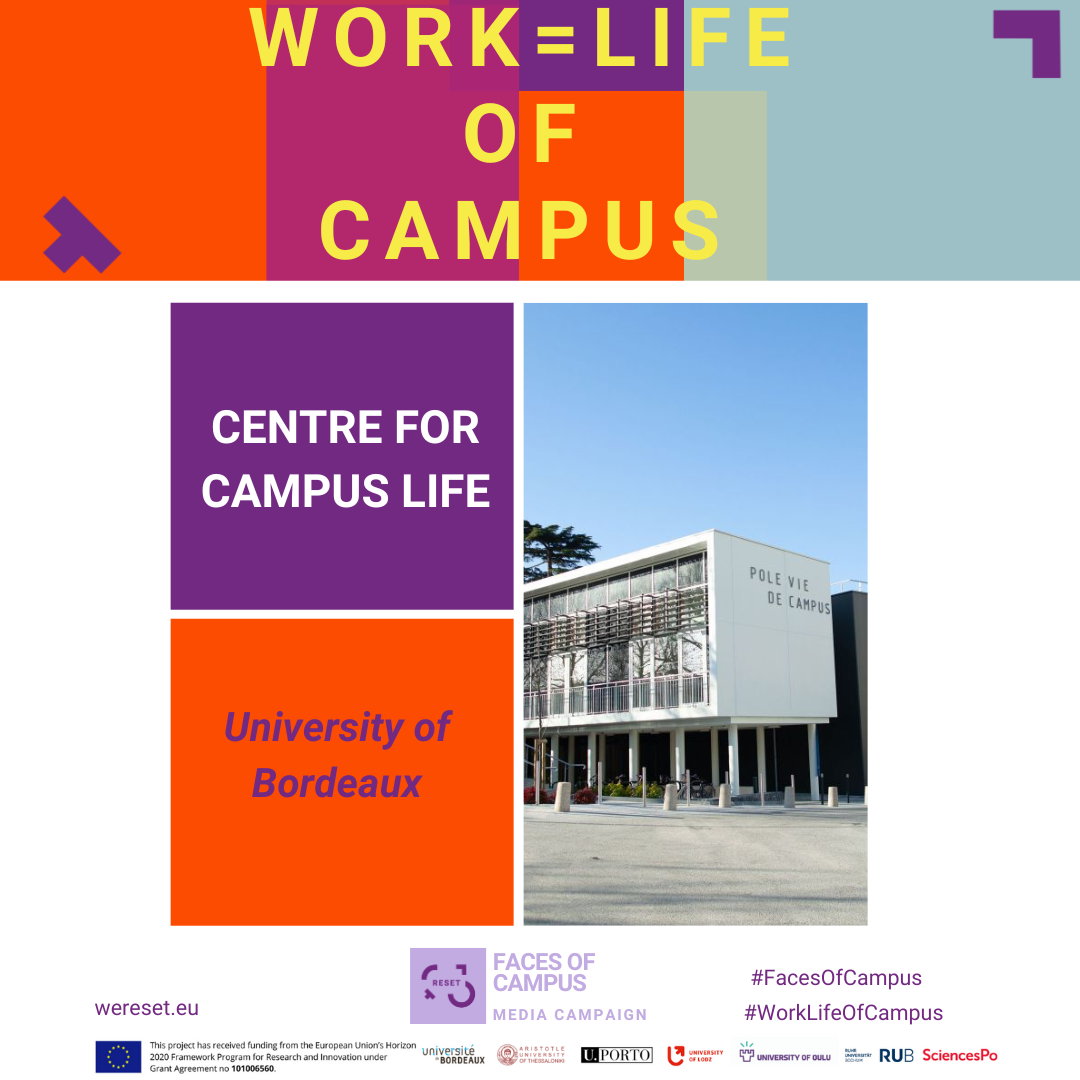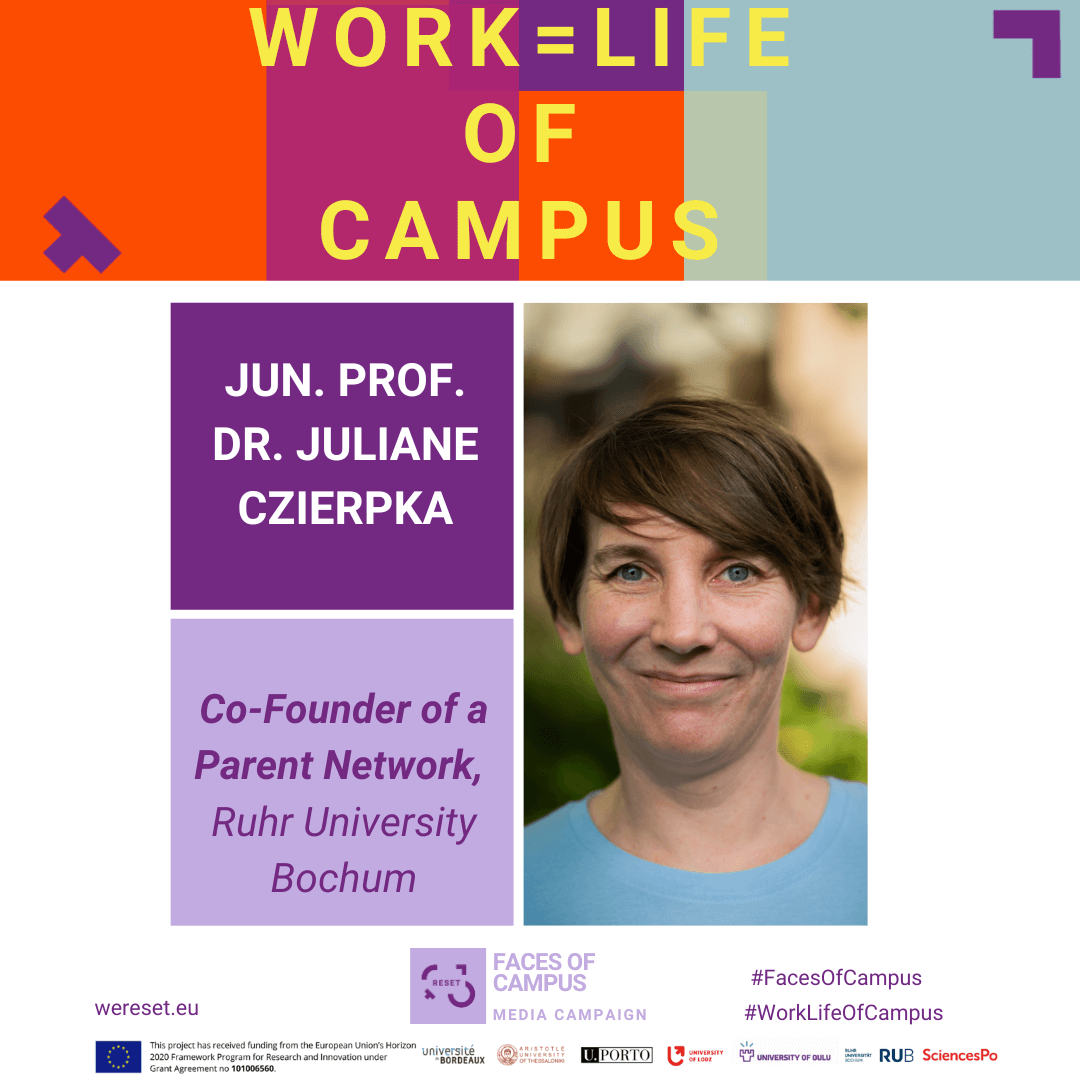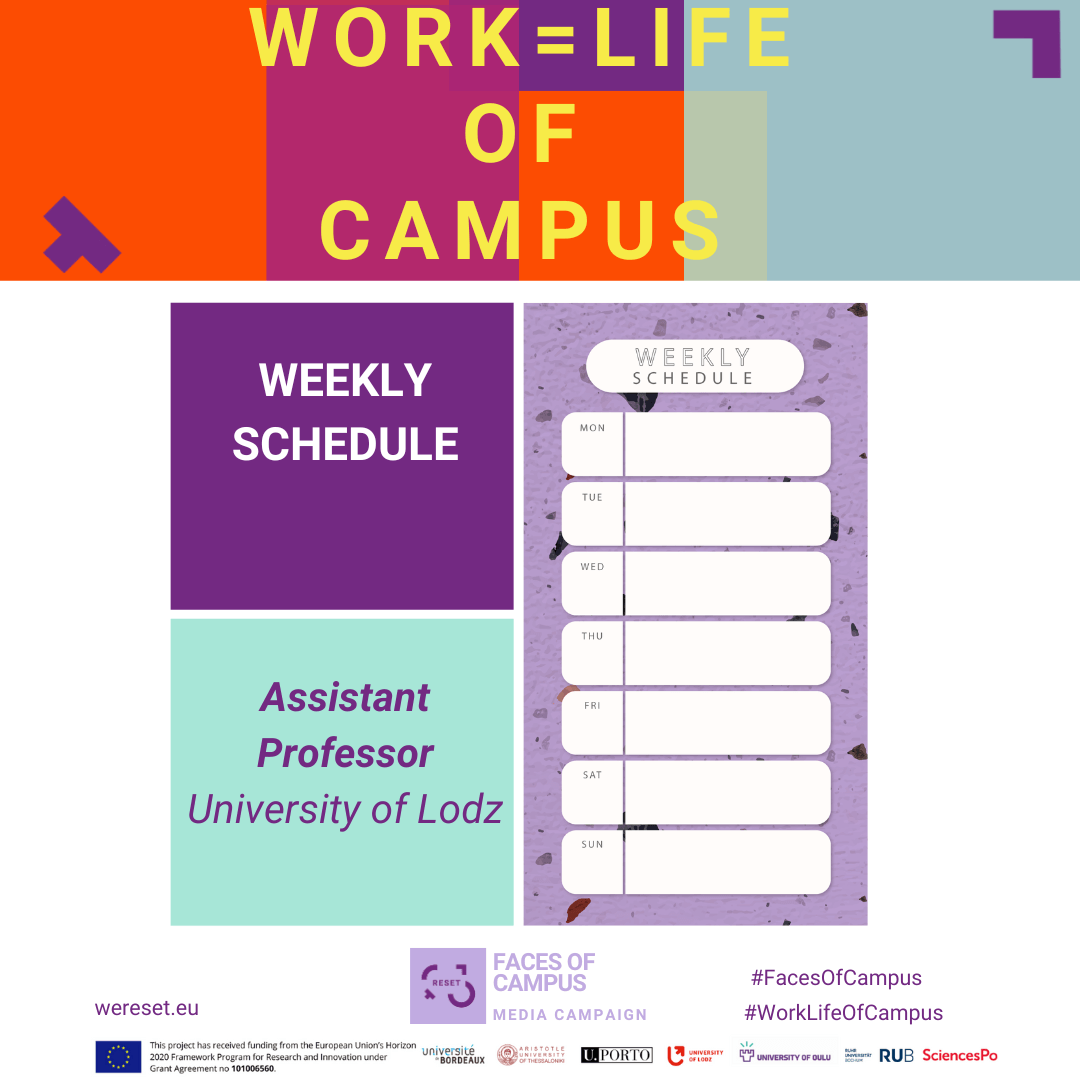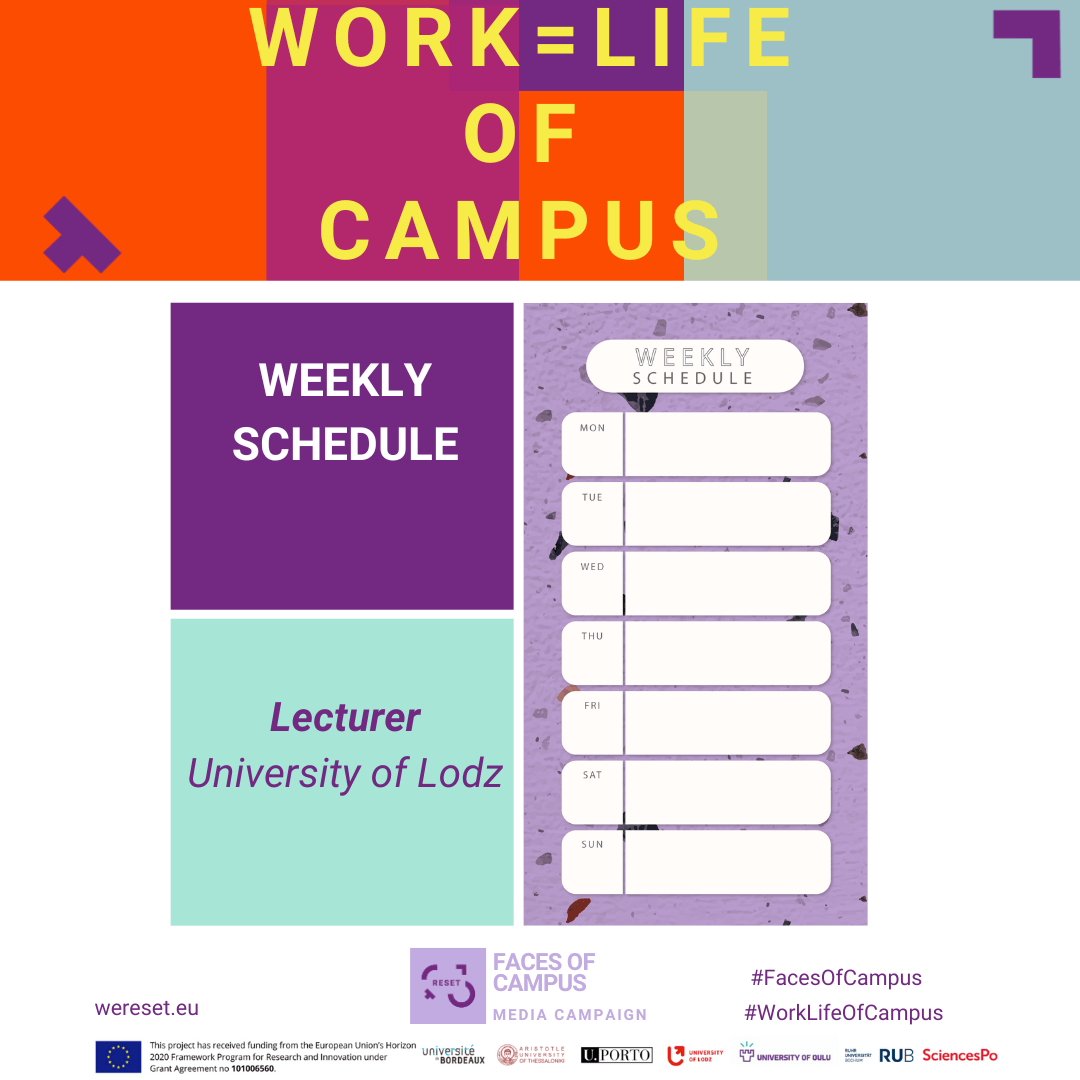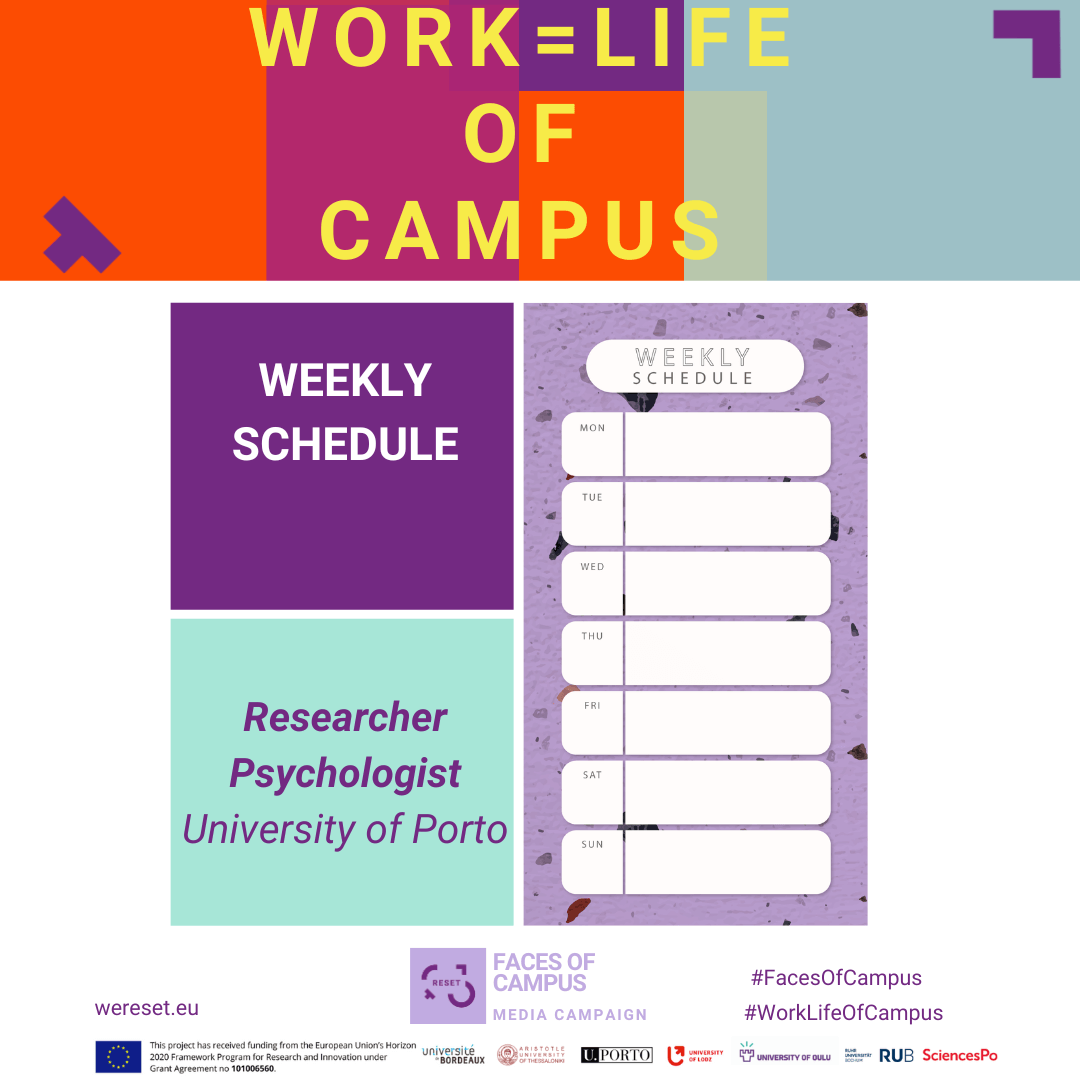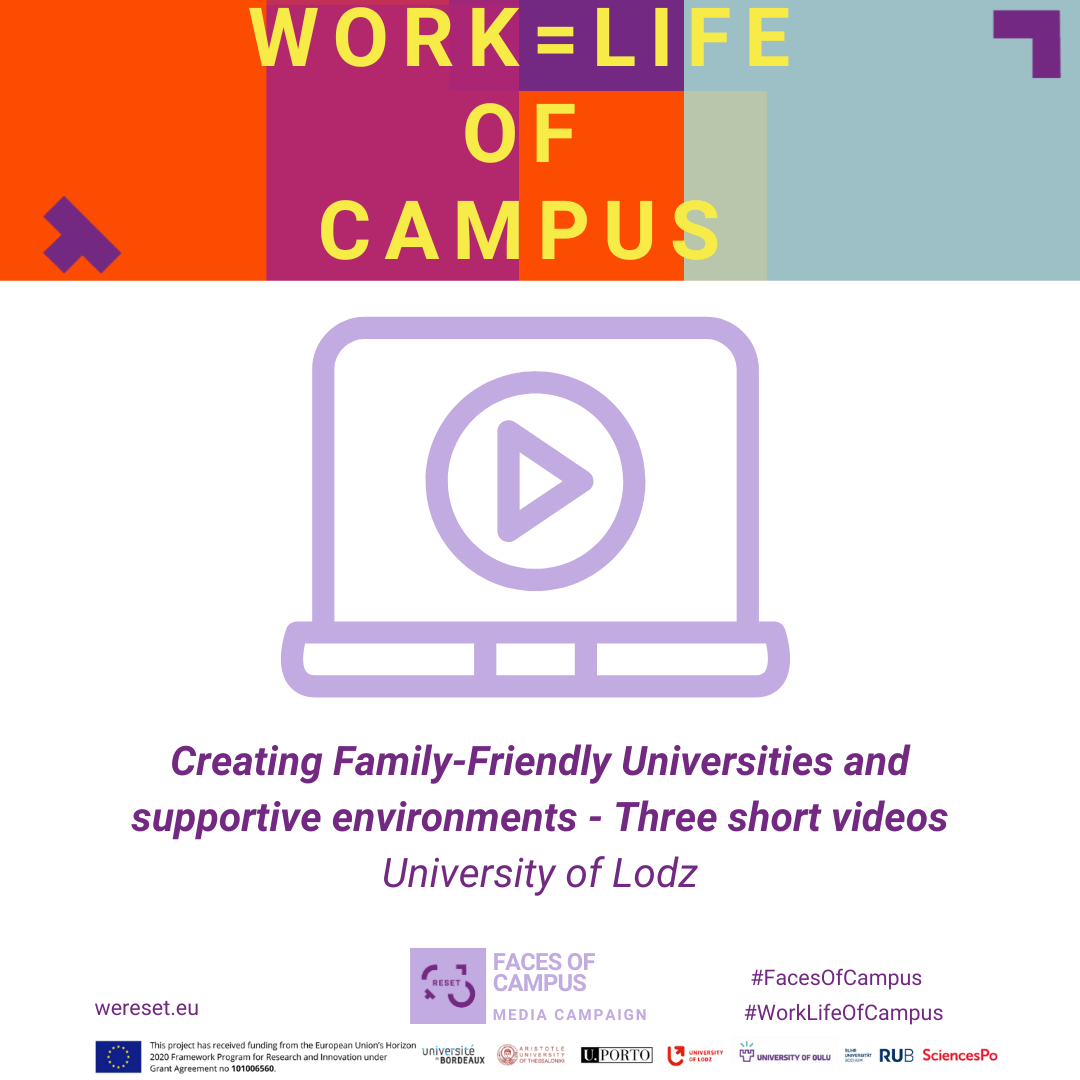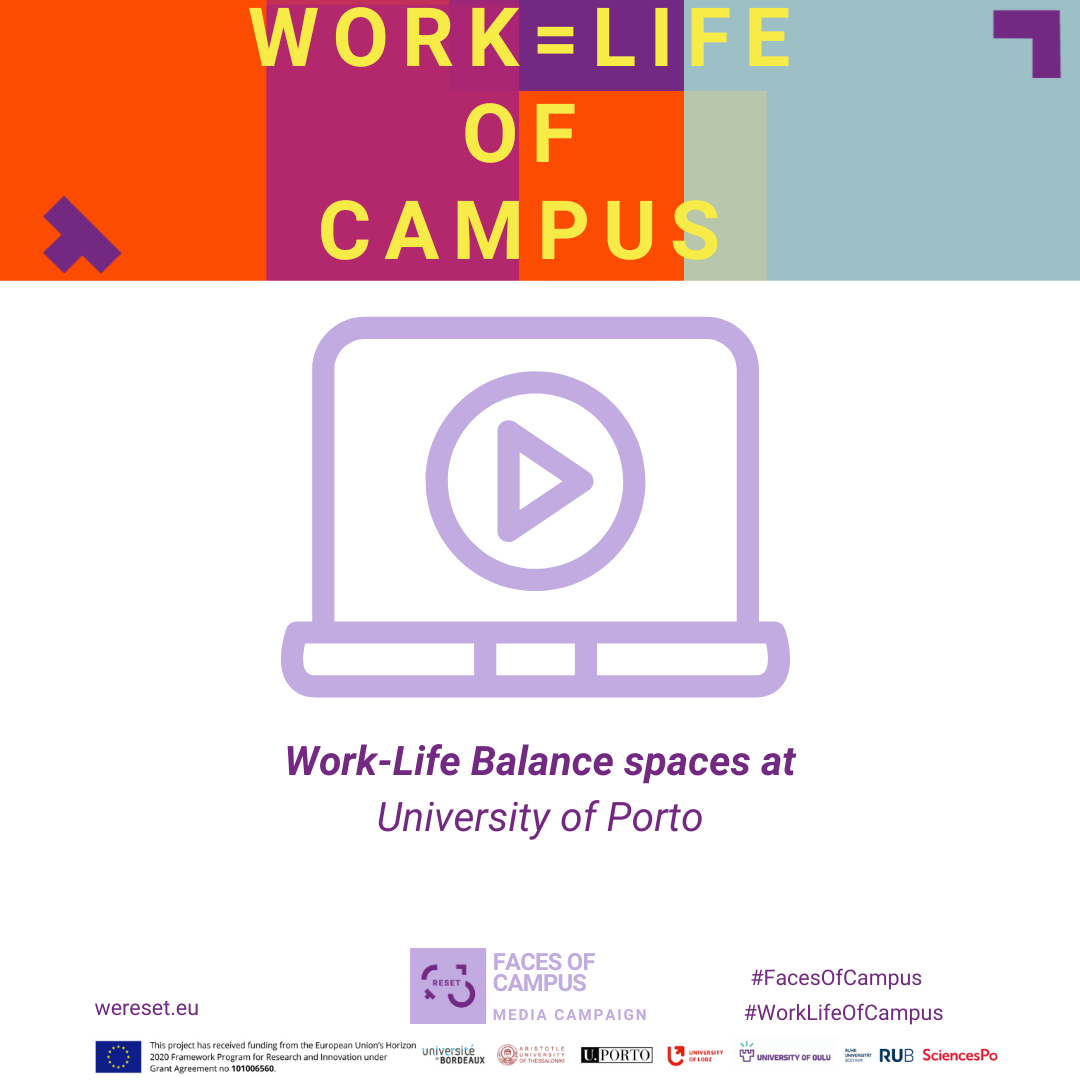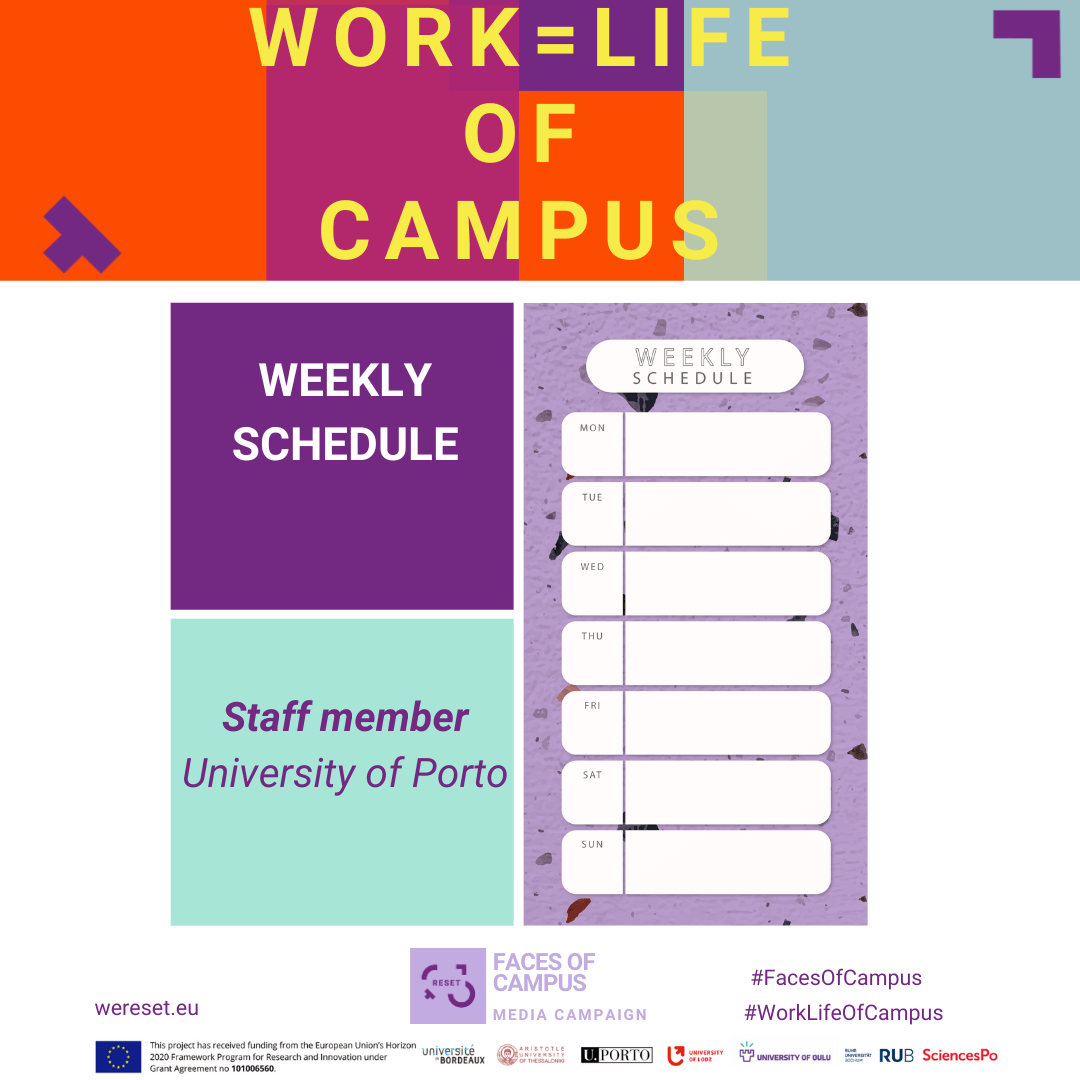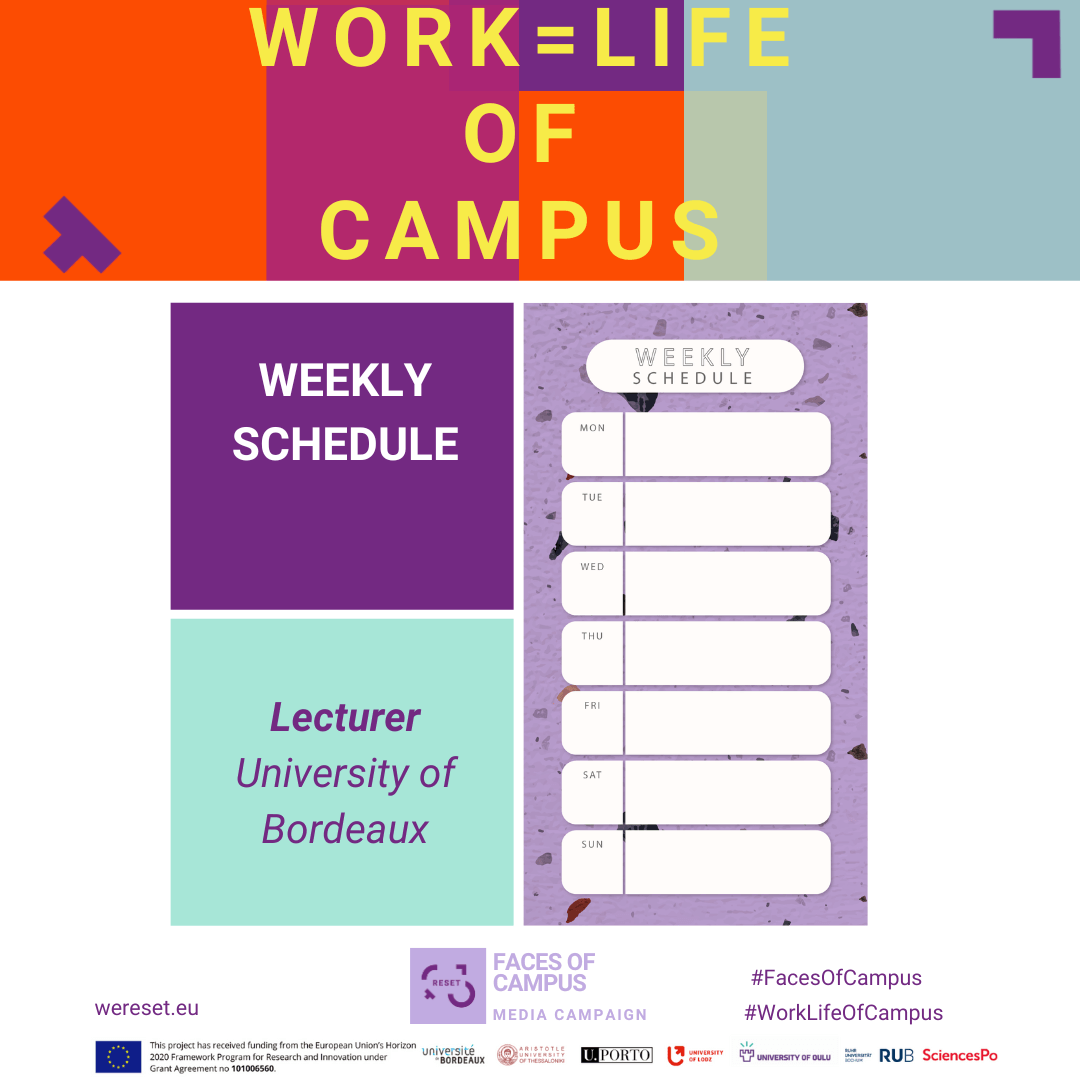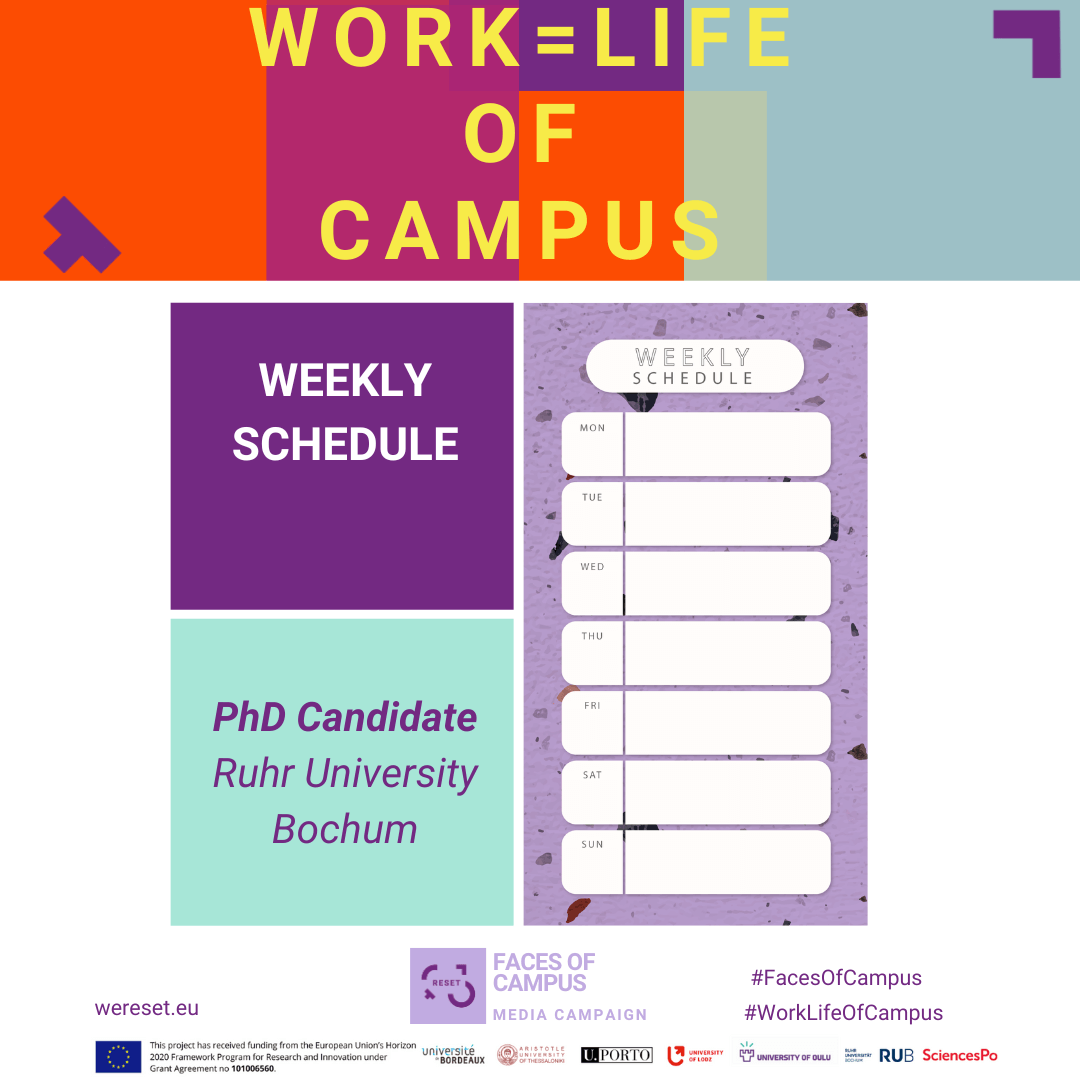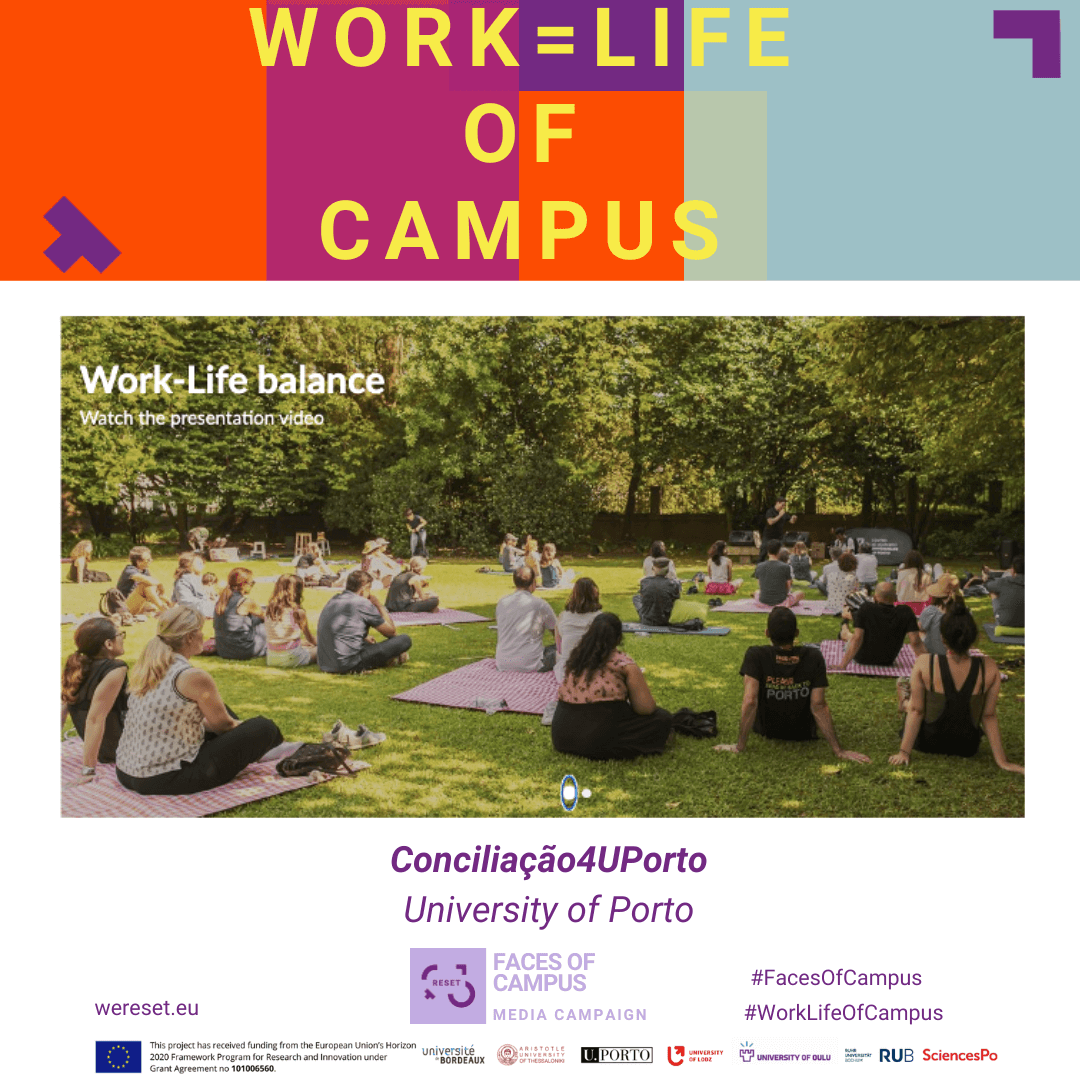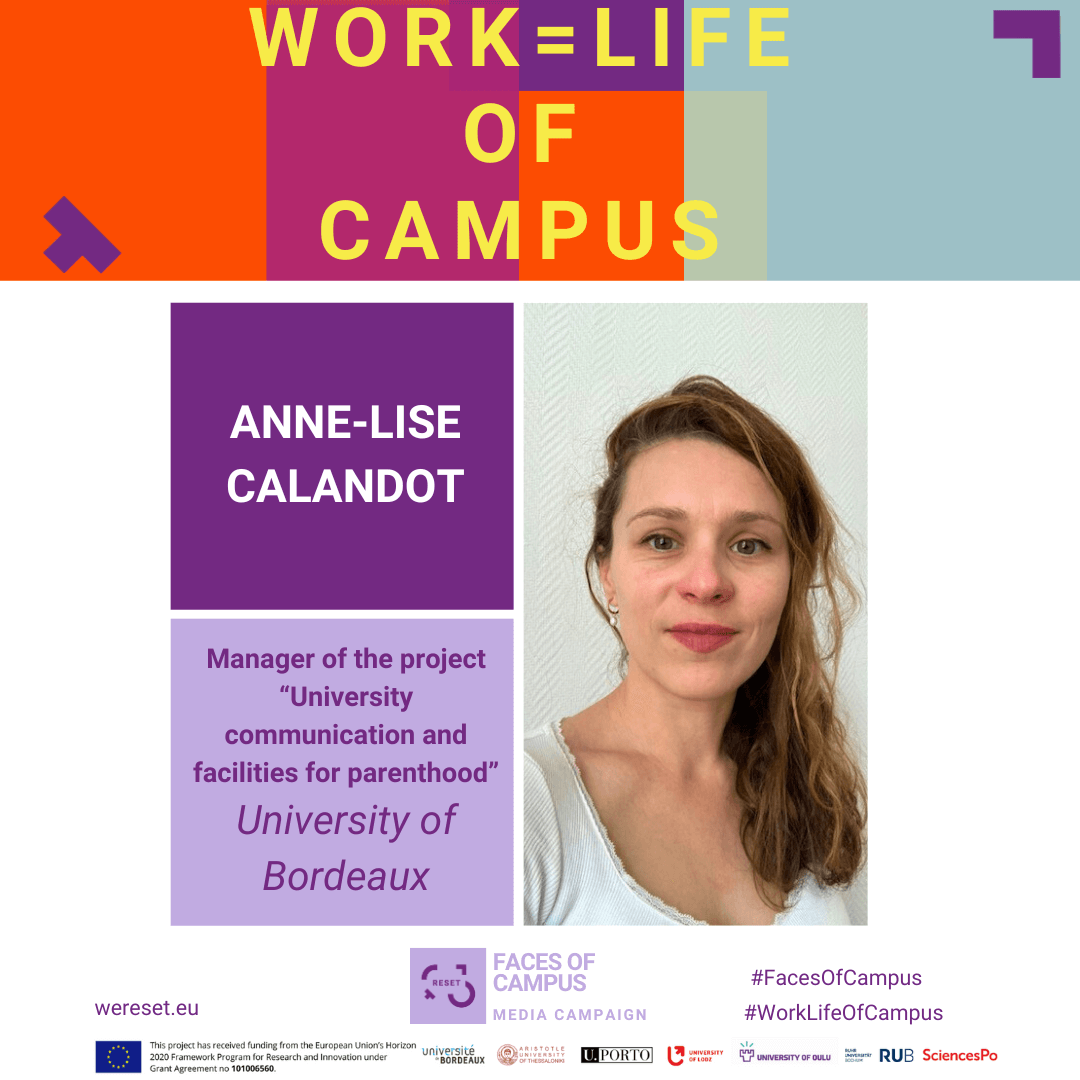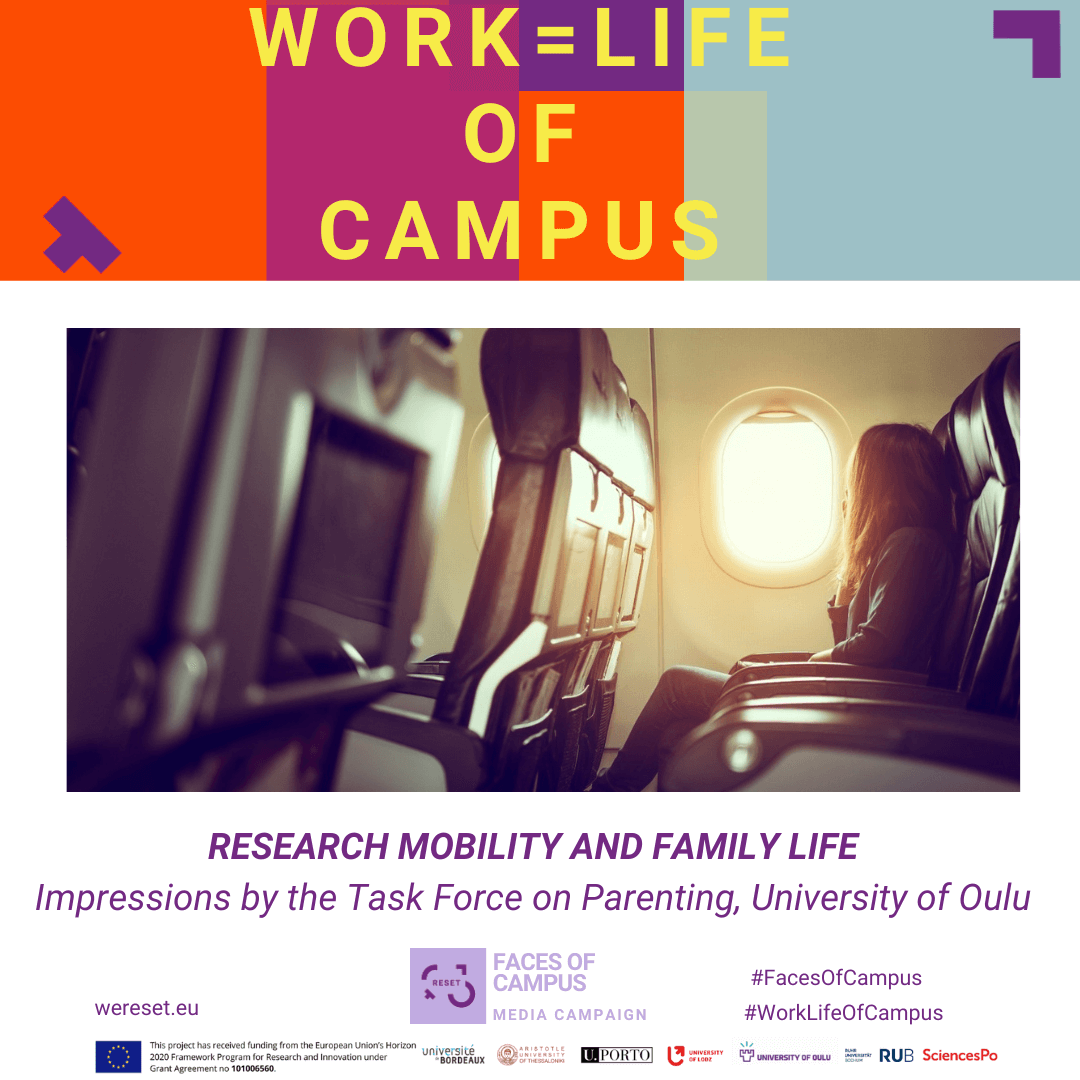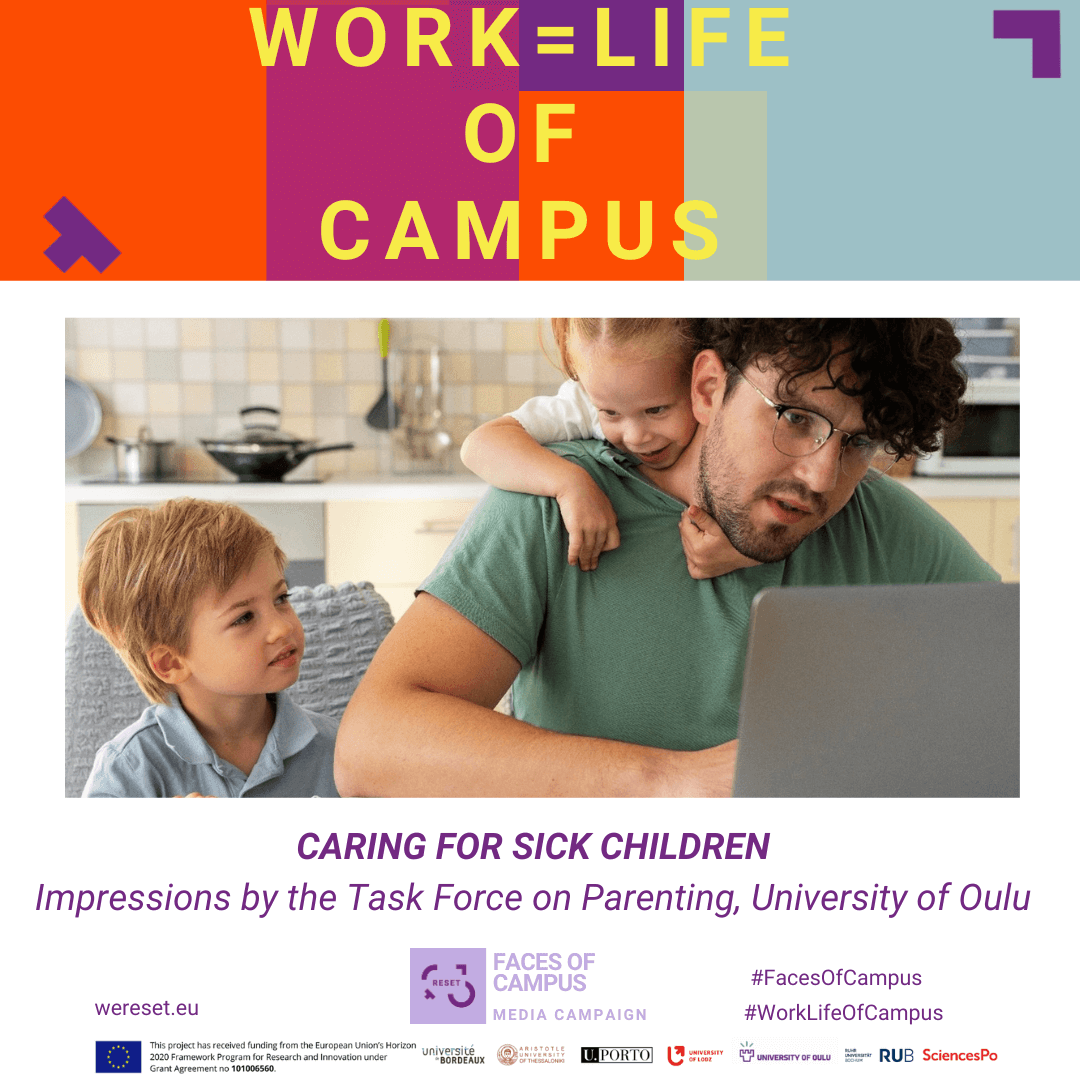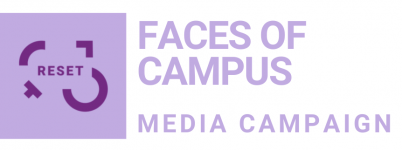

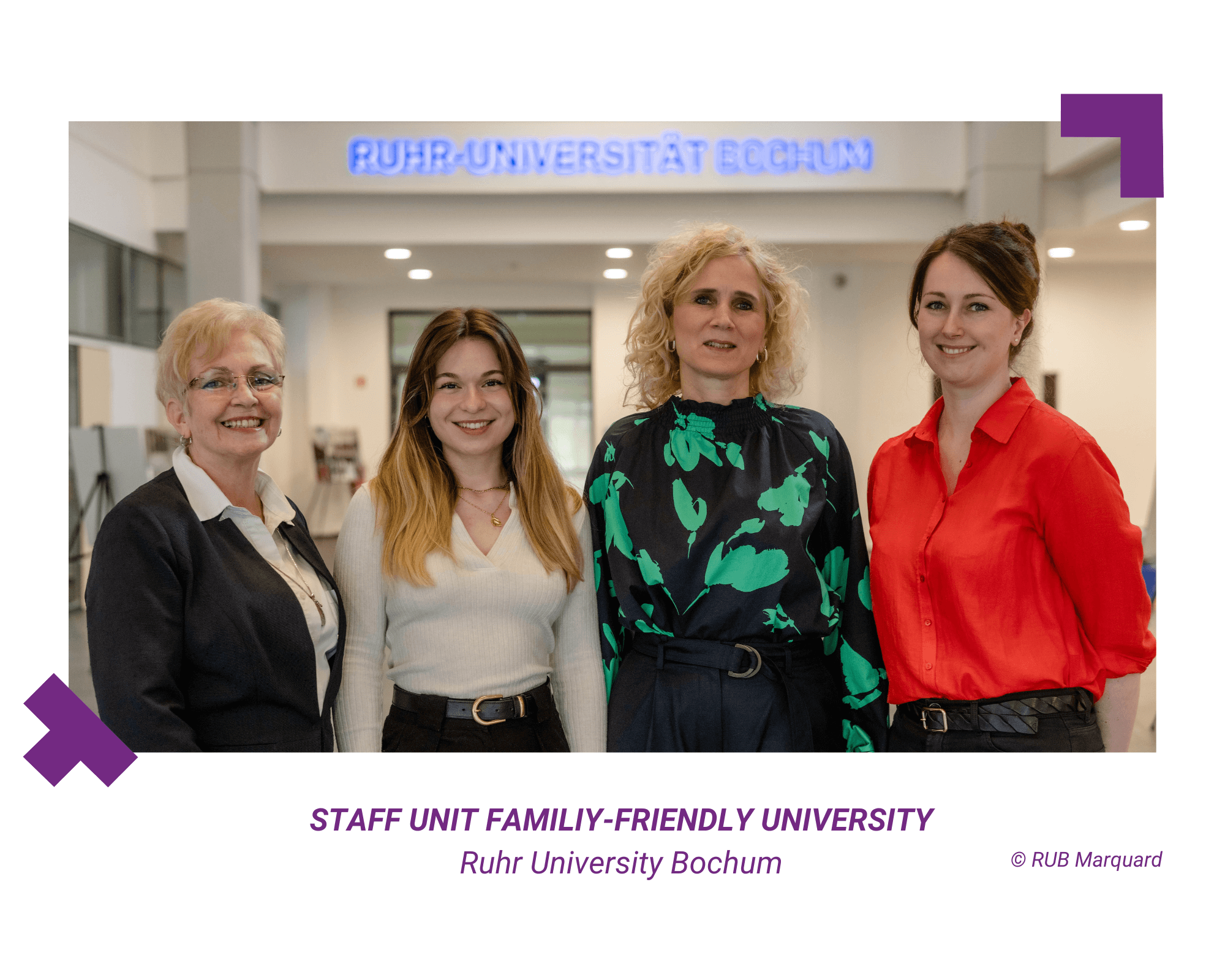
How is support for families organized at universities? We spoke to Kerstin Tepper and Sarah Rittmann from the Staff Unit Family-friendly University at the Ruhr University Bochum and got an impression of the work and support provided by the unit.
Reconciling work, study and family life presents many challenges. For example, parents-to-be have questions about applying for and planning parental leave. Visiting scholars and new members of the university have to find solutions for childcare. Not only in Germany, these aspects of family life involve a great deal of logistical effort and require orientation and advice on various models for parental leave, returning to work, and planning for these phases.
The Staff unit Family-friendly university provides support in these matters at the Ruhr University. However, personal counselling is not the only focus of the office’s work, which is assigned to the Department of Human Resources and Legal Affairs. It also plays a key role in driving forward the strategic development of a family-friendly university culture and in doing so aims to design processes in science and administration to meet needs. “Family-friendly work organization is broadly based and demanding: in addition to ensuring the compatibility of an academic career and family, it is also about the family-friendly organization of working hours and the training of family-conscious leadership is the statement on the staff unit’s website.
From 2006 to 2015, the Ruhr University Bochum laid the foundation for anchoring family-friendly structures and processes in science and studies within the framework of the "Audit Familiengerechte Hochschule" (Family-friendly university audit). Since 2015, the topic has been anchored as a permanent cross-sectional task in a staff unit.
The team’s core target group are employees of the university, and consultations on childcare issues are frequent. As soon as a pregnancy is reported, expectant mothers automatically receive a counselling offer. For female and male academics in particular, questions of labor law also arise around parental leave. What options are available in view of fixed-term employment contracts and contract extensions often play a role here, according to Kerstin Tepper, coordinator of the staff unit.
Taking parental leave
The unit observes that the take-up of parental leave roughly corresponds to the social distribution. This means that at the Ruhr University, too, significantly fewer fathers take parental leave for longer periods. Most often, they take parental leave for two months. This also illustrates for the staff team how important it is to negotiate care responsibilities in the career phases. Against the backdrop of fixed-term contracts and important milestones in career development, many different considerations play a role in the duration and distribution of parental leave.
The understanding of family here is inclusive: “Family* – for us this means all forms of long-term responsibility for each other,” says the staff unit. “Family* is multifaceted. Family* includes all (living) communities in which – also across households – a long-term mutual social responsibility for others is perceived. Particular attention is paid to where responsibility is taken for children and family members in need of help. Our concept of family thus stands out from a mere traditional concept of family.”
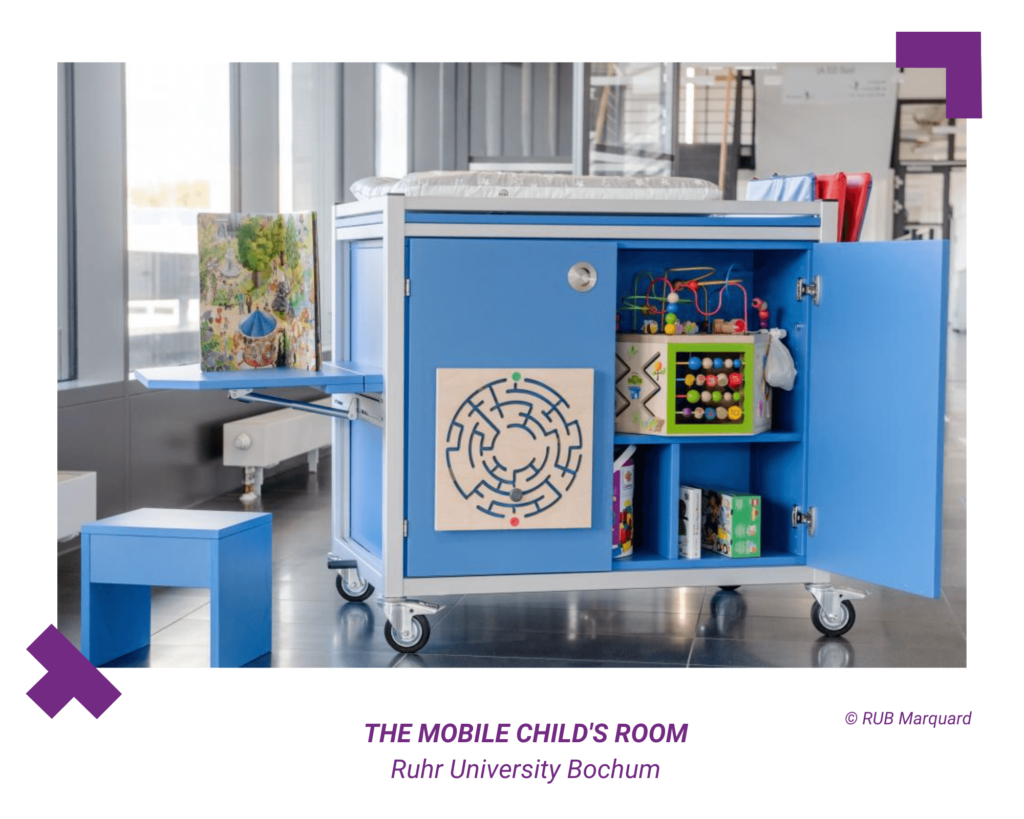
The Mobile Child’s Room
There are many reasons and occasions that make it necessary to provide acute care for children on site at the workplace. For this purpose, the Family-friendly University Office offers the Mobile Child’s Room. This was created in 2015/16 in a co-production with the Equal Opportunities Office and the Department for Initial Facilities of Department 4 of the RUB. This is a rolling chest of drawers that offers short-term employment opportunities for children between 0 and 5 years of age. The Mobile Child’s Room includes, among other things, an integrated fold-out table and a small stool, as well as a changing mat and a travel cot to meet the requirements of a child-friendly room. Toys, books, puzzles, as well as painting and craft materials complete the offer.
There are now over 30 mobile children’s rooms on campus and in the university’s external properties. They complement the offer for a family-friendly infrastructure, especially wherever there are no fixed family rooms (yet).
“The Mobile Child’s Room is a measure that is visible and shows that children are welcome and that reconciling science and children is feasible. This gives it a high symbolic power,” says Kerstin Tepper. The feedback from users is also very good. During the intensive Corona period, the mobile children’s rooms could hardly be used. Now they offer the possibility of combining on-site work with short-term childcare. A Mobile Child’s Room is also available at the Ruhr Universities’ Event Centre for event supervision, for example at conferences. In the university buildings, booking is decentralized and handled by the faculties.
Care of relatives
Responsibility for each other is not limited to the intergenerative relationship between parents and children, but also extends to other areas of family life, such as the care of relatives and partners. Here, the staff unit also represents the central counselling instance on campus and states that the topic of care and thus also the support of relatives is increasingly coming into focus. However, a care obligation is often associated with great stress for relatives and it takes a lot of trust to seek advice and support in this regard. The staff unit offers advice on all questions regarding the care of relatives, for example with regard to care classification or home care as well as household-related services. In addition, RUB employees receive support in researching and arranging care services and accommodation options in short-term care and inpatient care. “The inhibition threshold to take the topic of care out of the private sphere and ask for support from the employer is enormously high. Here we want to make employees aware through low-threshold information offers that we also care about this issue,” says Kerstin Tepper.
Outlook
Kerstin Tepper and Sarah Rittman identify as one of the greatest challenges the needs of academics with regard to childcare (e.g. short-term, intra-year admissions to childcare facilities), which cannot be covered by the municipal services. Overall, the university is also struggling with the problem of insufficient daycare places in Bochum (especially for children over the age of three) and the need for flexible childcare solutions that can be adapted to the working day of academics.
“In addition, we are still fighting against the idea that the academic world requires 150 % commitment to an academic career and is therefore incompatible with care responsibilities. What is needed here are more role models in the chair management, faculty management, etc. who have a family-friendly understanding of leadership and live compatibility,” concludes Kerstin Tepper.

